Annemarie Schwarzenbach: Winter’s journey to the Near East
The Swiss writer and photographer, Annemarie Schwarzenbach, was considered a pioneer of travel photography. She led the life of a migrant, calling herself an "incurable traveller". In autumn 1933 she embarked on her first journey to the Near East, which took her to Turkey, Syria and Iraq, among other places.
Schwarzenbach began her first journey to the East with the Orient Express to Istanbul. In Turkey she took her first pictures of local people before continuing her journey to Syria a couple of months later where she visited cities and saw the countryside. There followed stays in Lebanon, Palestine, and Iraq as well as Persia, today’s Iran.
During this winter journey, which lasted several months, she struggled through mountain ranges in her car, and used her camera to document numerous places that are off limits to today’s foreign travellers, such as Baghdad and Aleppo. Here is Schwarzenbach’s itinerary of the most important places:

In April 1934 Schwarzenbach finished her long stay, concluding her journey in the Persian city of Persepolis. She would return to the Orient three more times in the following years. She described her experiences and impressions of her first trip to the Middle East in her travel diary “Winter in the Near East”.
“In front of my window, the ancient Tigris flows broadly and yellow. Palm trees stand on the other bank, large rowboats glide down to General Maude’s bridge; over there there are soldiers, their signals crash from time to time in triad into the morning sky. The clock has moved one hour forward again; I am already far to the east. The desert gives the feeling of distance.”
To mark the 75th anniversary of the death of the photographer on November 15, 2017, the Swiss Literary Archives digitised and published more than 3,000 images from her estate. They can be seen in the inventory of her estate and on Wikimedia Commons.
In our series #swisshistorypics we travel into the past, the era of black and white photography.
(Photos: Swiss Literary Archives)
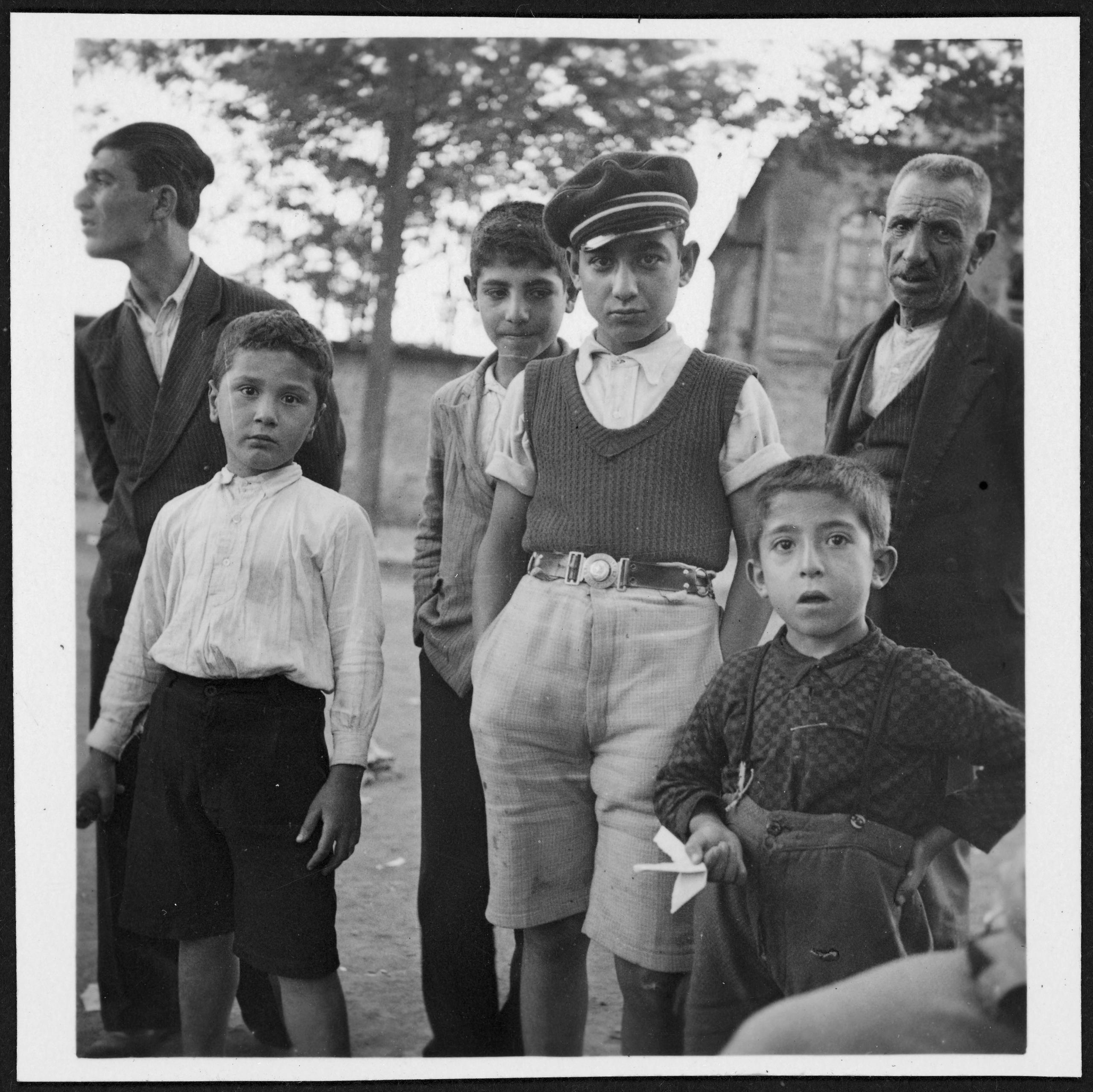
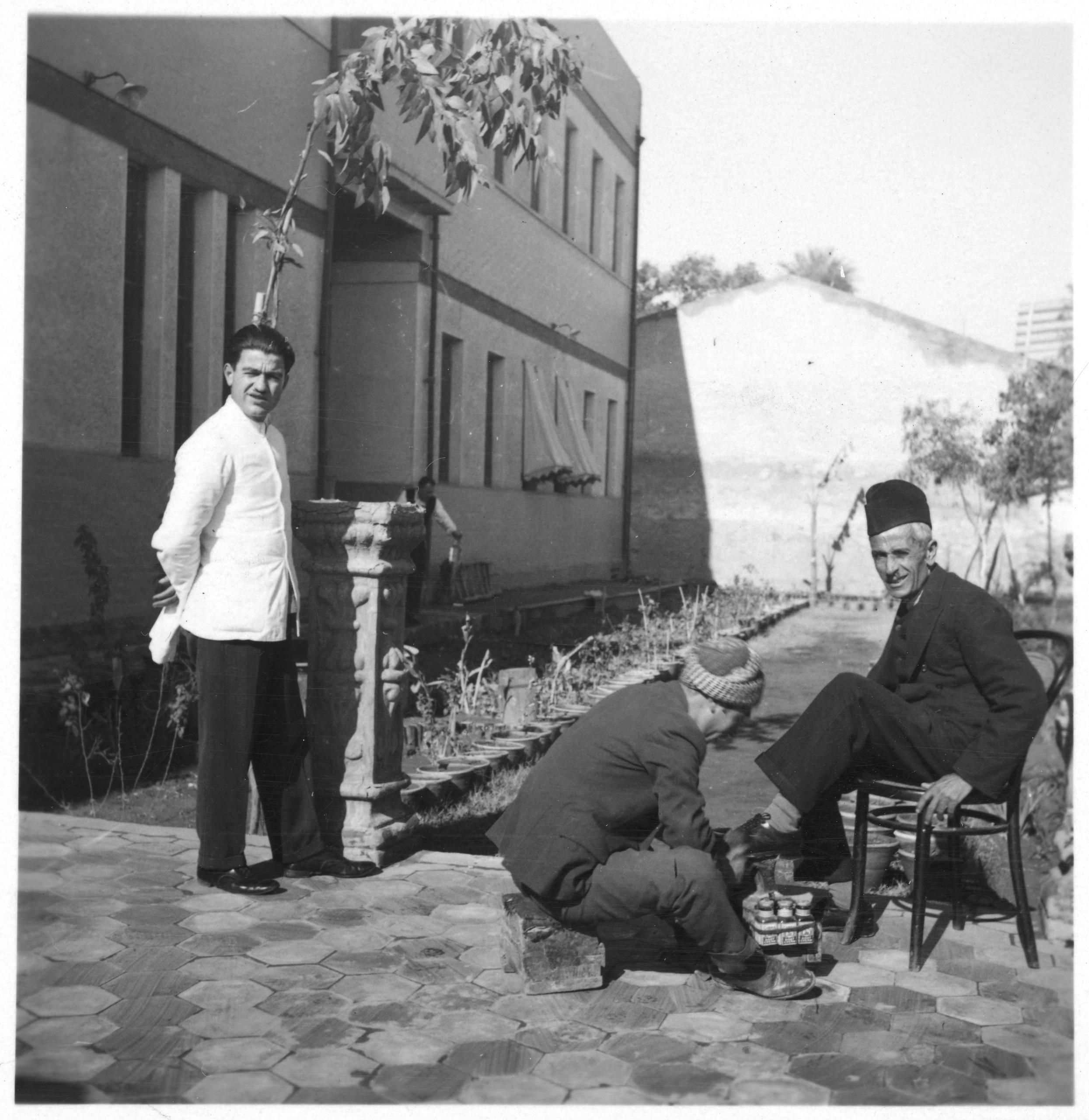
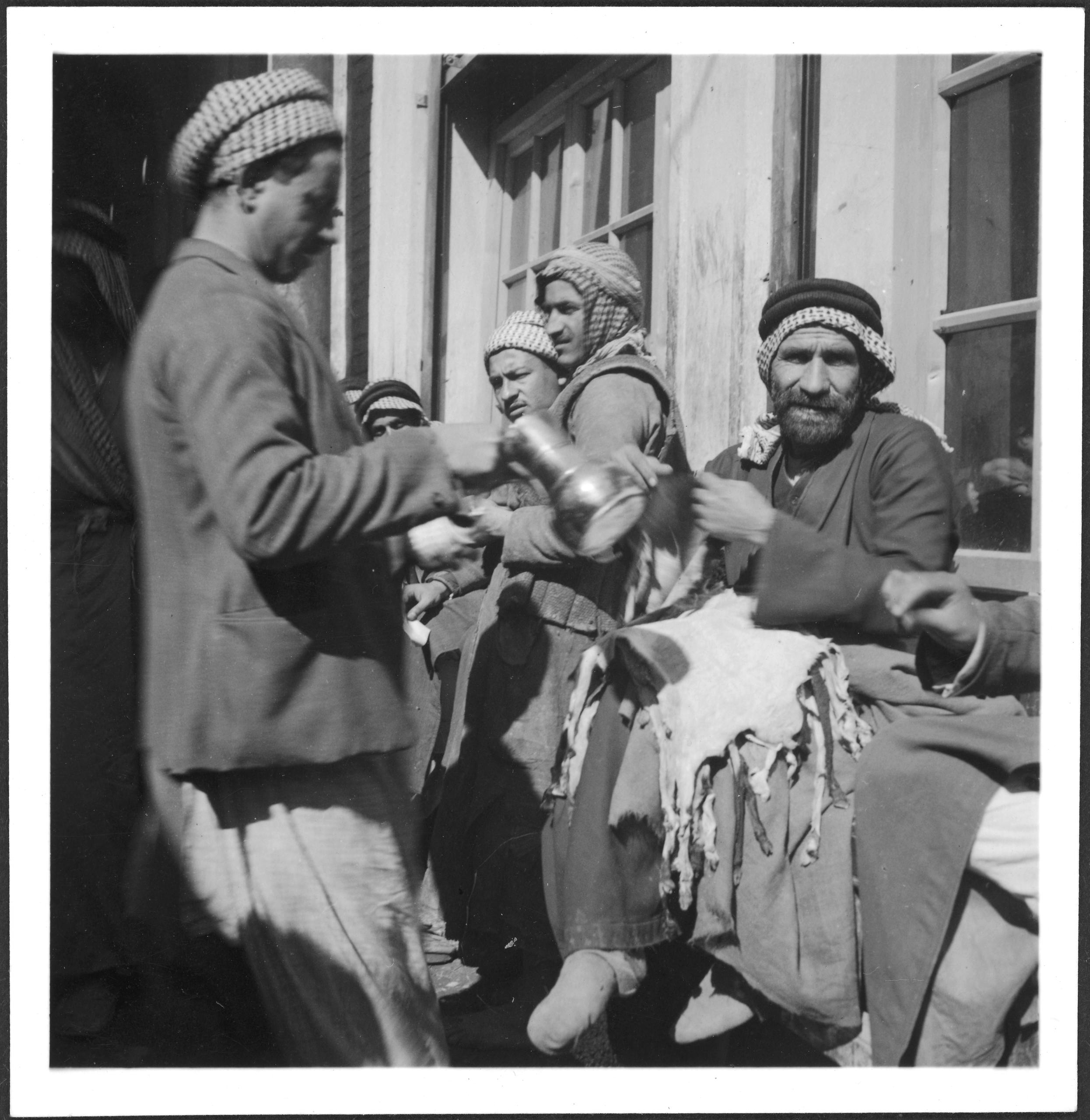
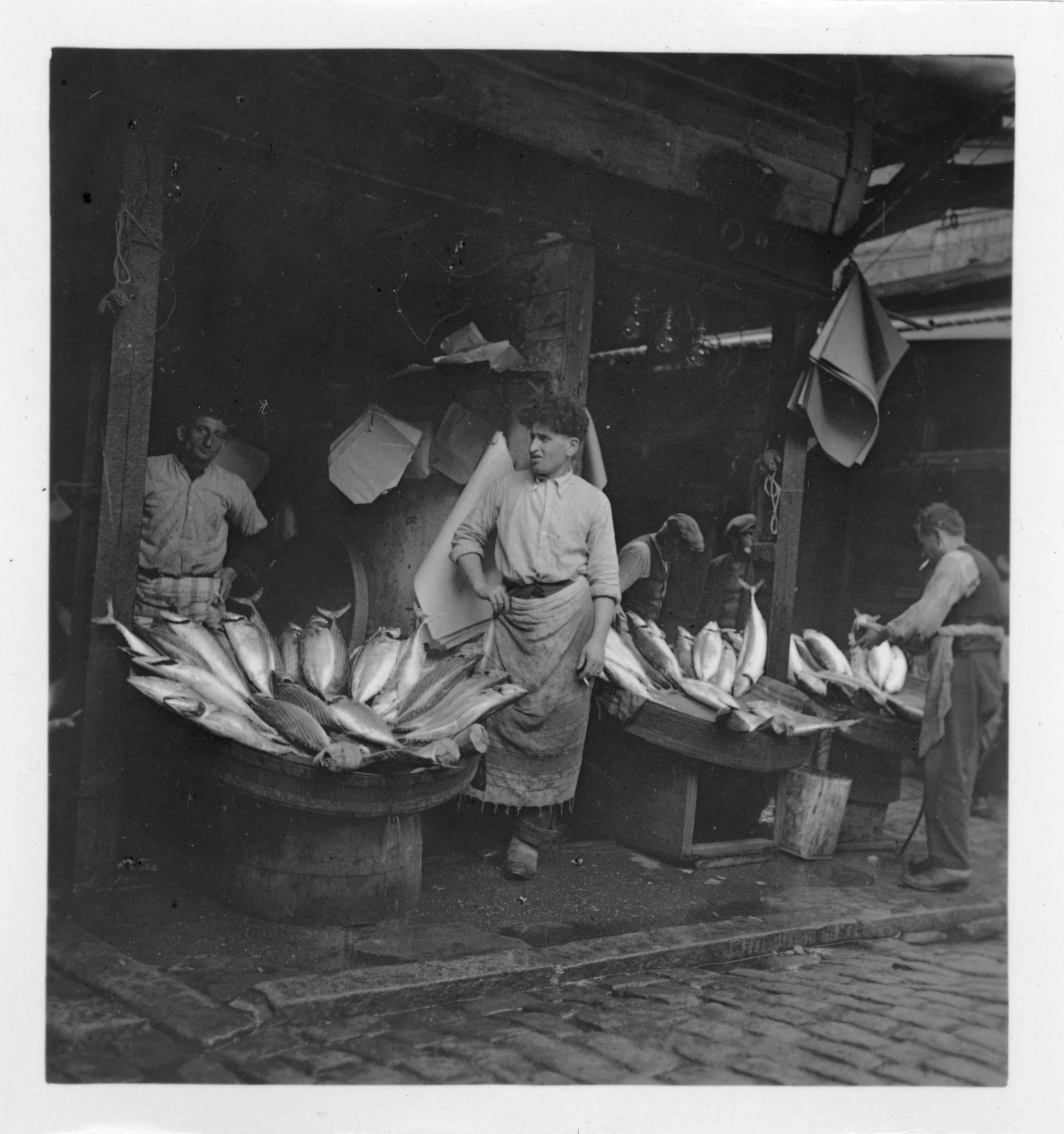


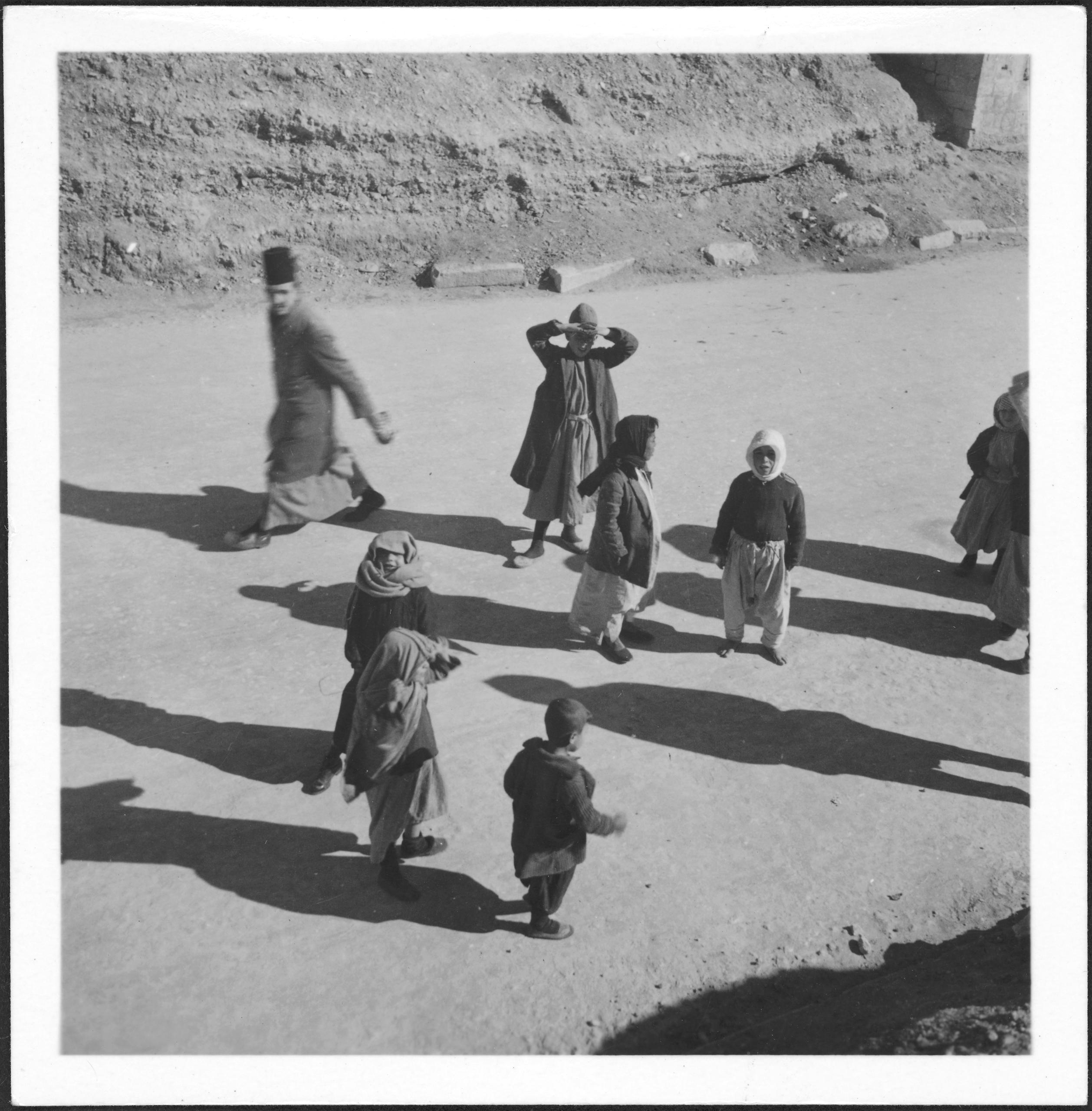
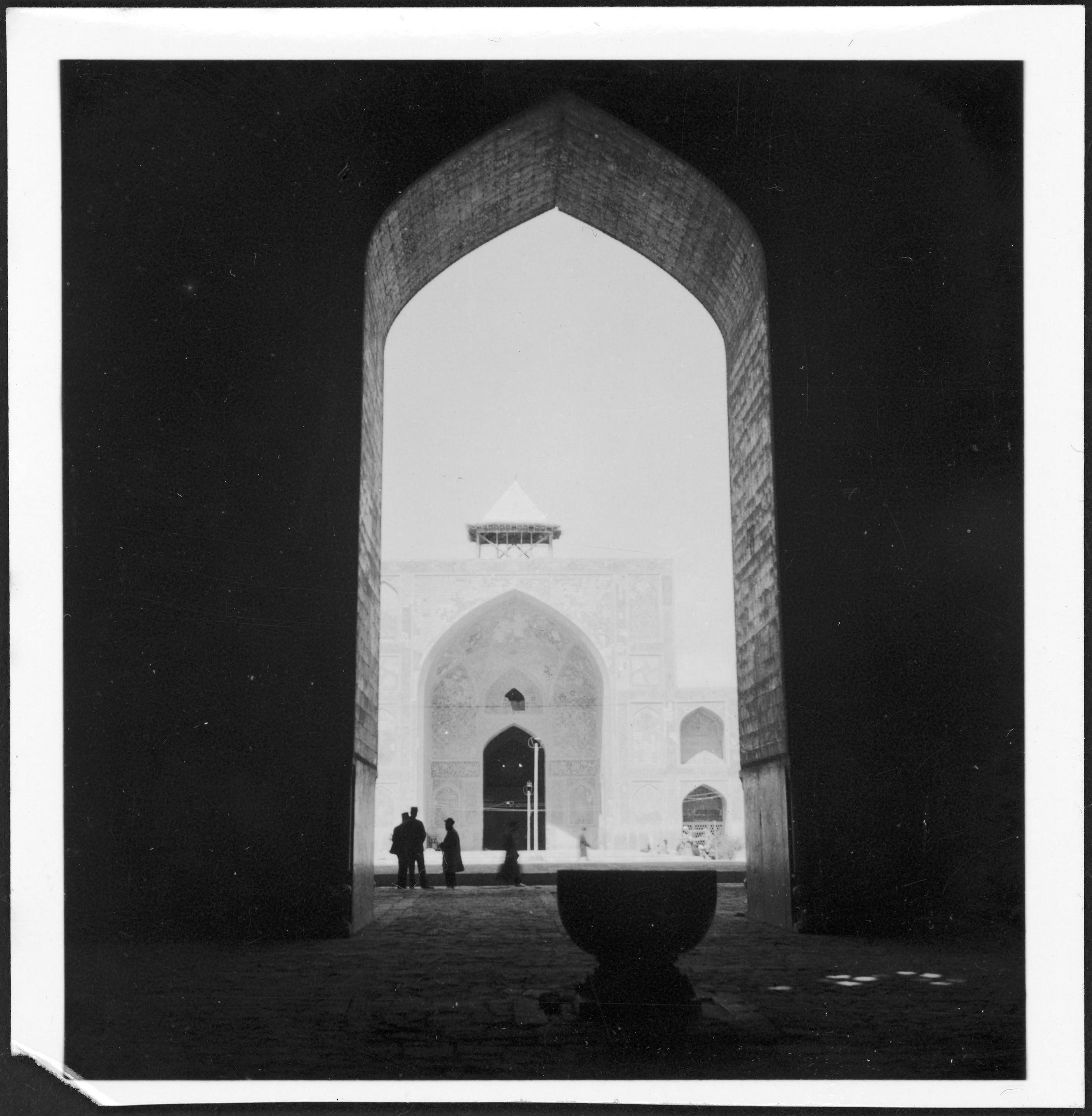
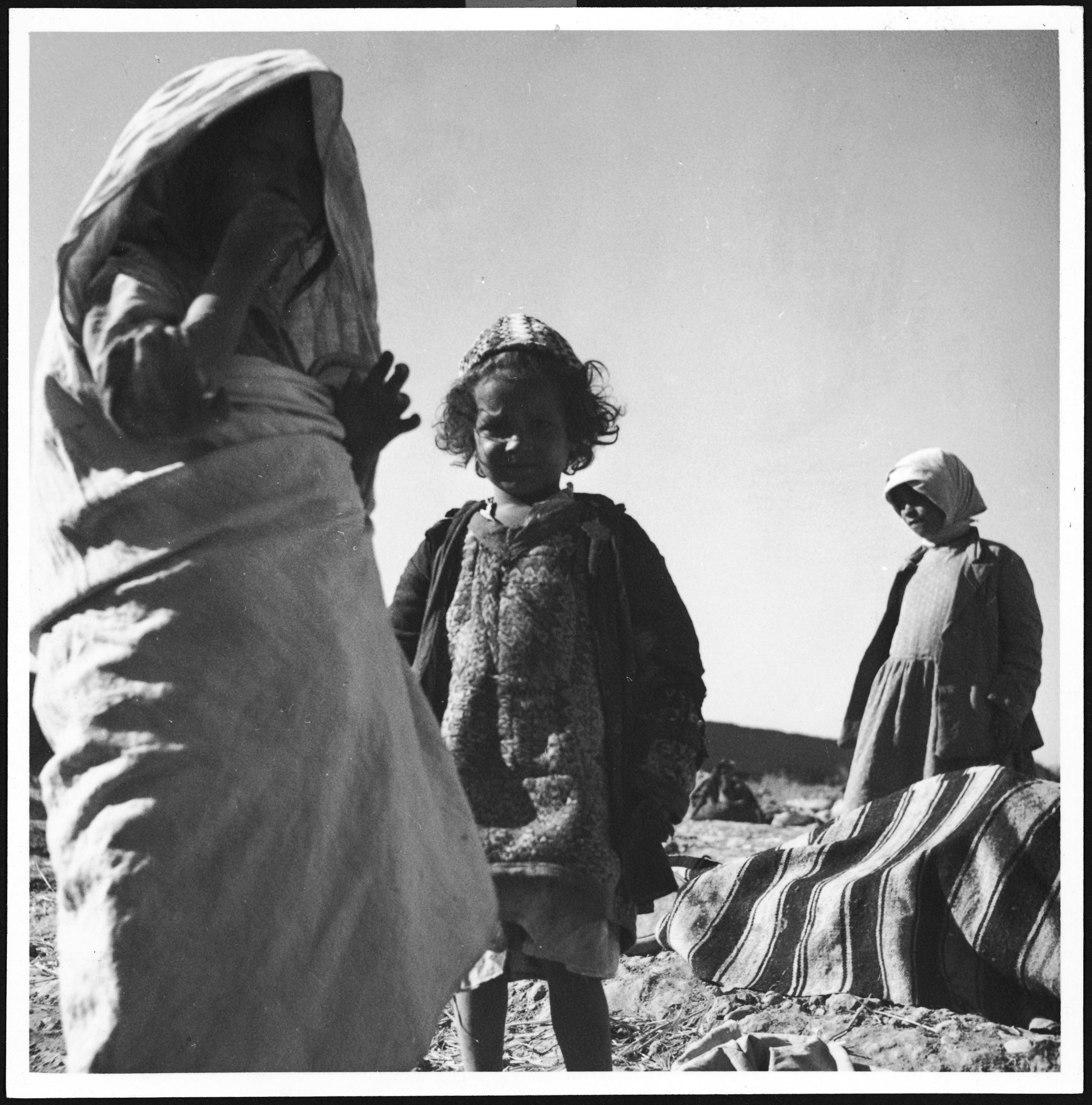






You can find an overview of ongoing debates with our journalists here . Please join us!
If you want to start a conversation about a topic raised in this article or want to report factual errors, email us at english@swissinfo.ch.